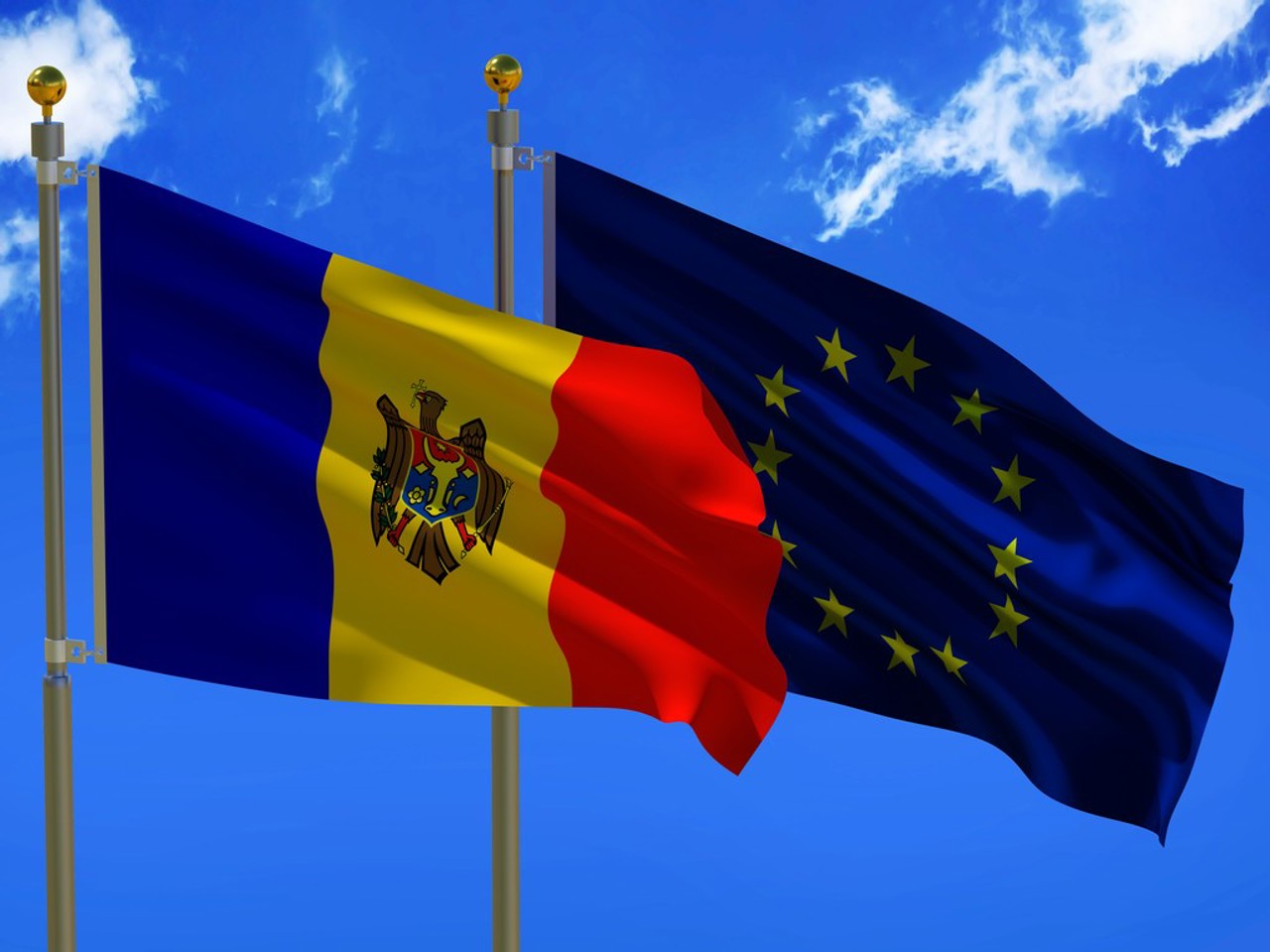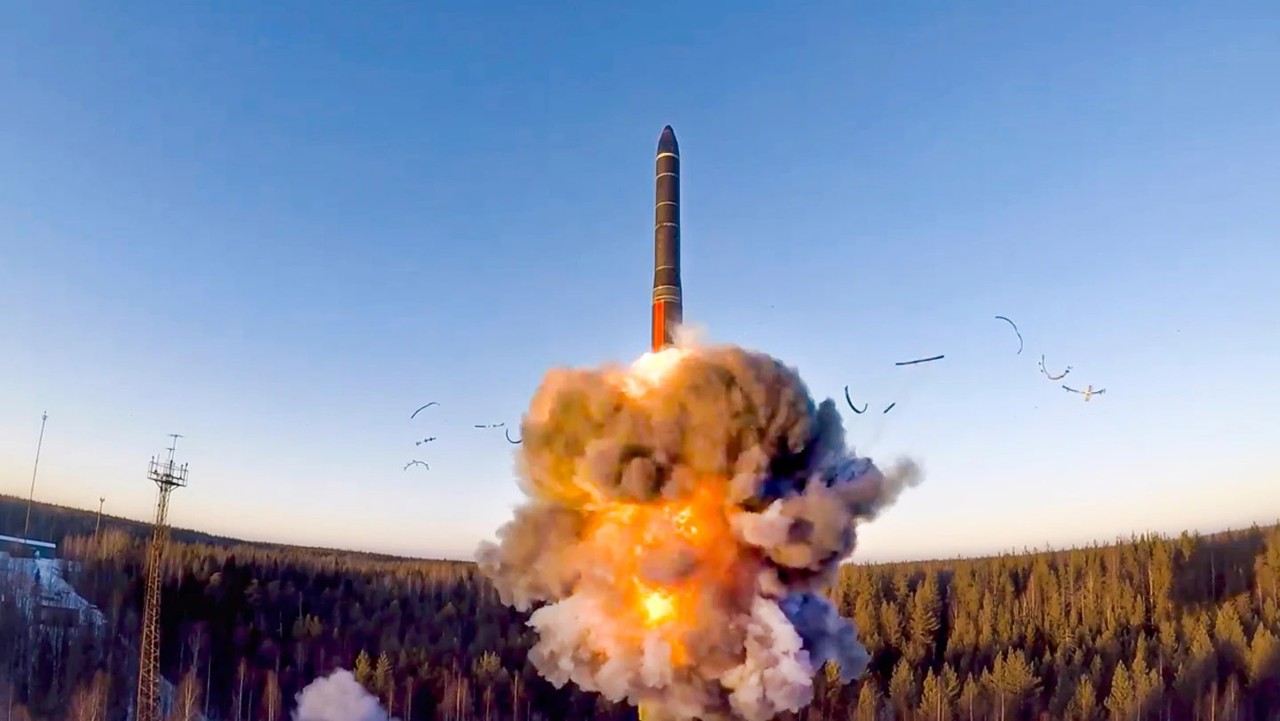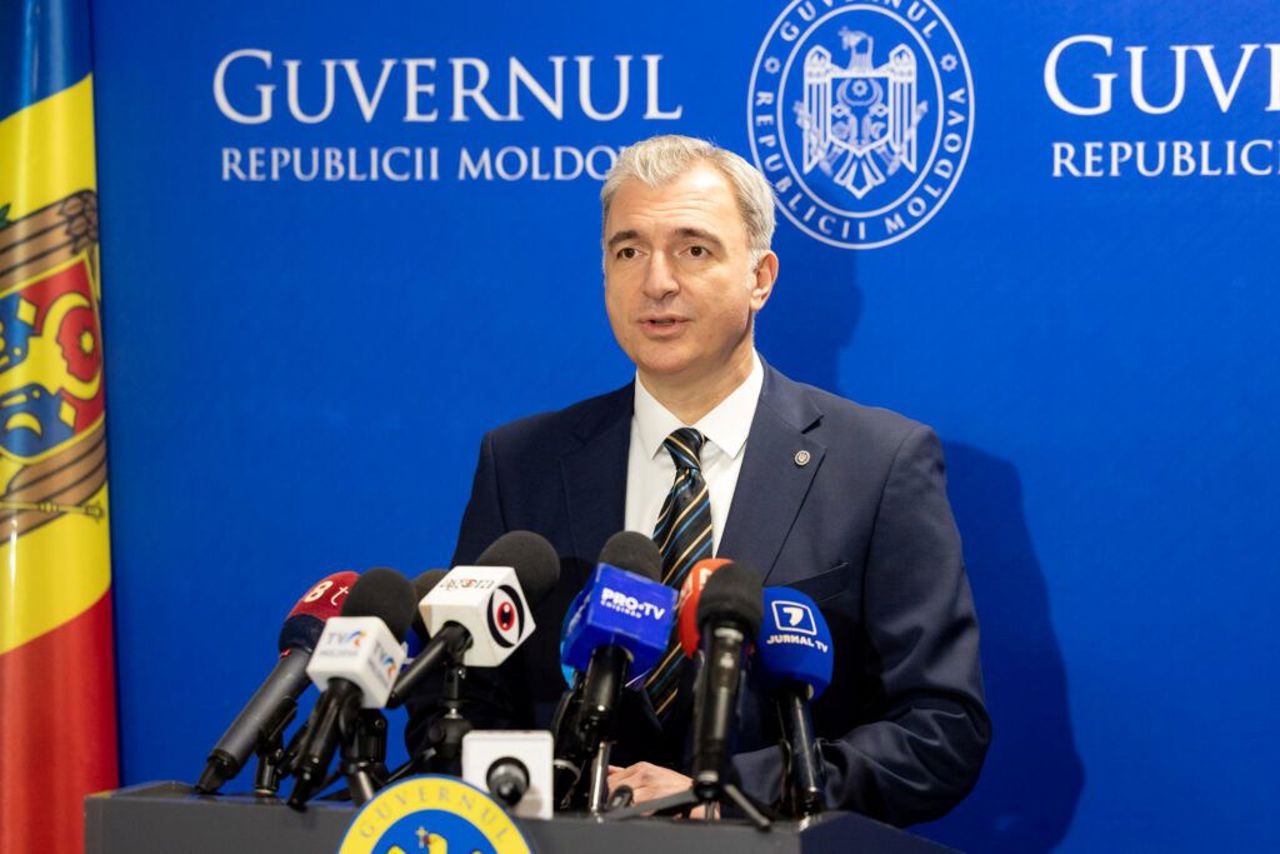Moldova's EU journey: Reforms, elections, and historic opportunity

On June 23, 2022, Moldova marked a decisive moment in its European journey: the European Council granted it candidate country status for accession to the European Union (EU).
Three years later, the EU reaffirms its strong commitment to implementing key reforms aimed at facilitating our closer alignment with the European Union, and experts warn that the parliamentary elections this autumn will be of major importance for our country's European path.
To mark the three-year anniversary since gaining candidate country status for EU accession, the Delegation of the European Union to the Republic of Moldova published an official message on social media, reaffirming the EU's firm commitment to support our country on this path.
"On June 23, 2022, the European Council recognized the European perspective of the Republic of Moldova and granted it candidate country status. Thus, the EU reaffirmed its role as Moldova's main strategic partner, offering constant support for essential reforms in the areas of rule of law, human rights, media freedom, and civil society consolidation. This journey reflects a clear choice: the future of the Republic of Moldova is in Europe. Together, in the European family!" the message states:
Andrei Curăraru, a public policy expert at WatchDog.md, told Teleradio-Moldova that the Republic of Moldova is "at an advanced stage of negotiations" regarding EU accession, but warns that critical stages lie ahead that will determine the country's direction.
"We have completed the screening on Chapters 1 and 2, but we must understand that there is still much to do, especially in the diplomatic dimension – how we synchronize our path with Ukraine's – and internally, particularly in justice reform, which remains the most complex challenge," Curăraru explained.
The expert emphasizes that Brussels views the developments in the Republic of Moldova positively, and the country is perceived as a leader in European integration, even compared to the Balkan states, which have been in the accession process for over a decade.
September elections – A key moment
However, Curăraru warns, the process is vulnerable to political instability. The parliamentary elections on September 28 will be decisive, the expert adds.
"The fundamental risk is related to the September 28 elections. We need a pro-European government that will continue these reforms and ensure their successful completion. Furthermore, there are technical risks related to the implementation of those projects. We must remember that the 2 billion Euro aid package is project-based," Curăraru emphasizes.
Models to follow: Romania, Croatia, Bulgaria
Regarding integration models, Curăraru highlights that Moldova actively draws inspiration from Romania's experience, benefiting from the translation and adaptation of a large volume of European legislation. At the same time, Croatia is cited as an example of rapid and efficient integration, and Bulgaria – as a state offering useful lessons, both positive and cautionary.
"We must understand that the Republic of Moldova is a unique case. It represents an unprecedented geopolitical opportunity for us. While we must draw on previous experiences, we also need to recognize that as long as this window of opportunity exists until 2029 – the current European Commission's mandate – we must act with sufficient speed to gain access to the European Union within this short timeframe. This is to ensure our country does not fall behind or face the same delays as the Balkan states, which have been waiting for over a decade for member-state status. For instance, Bulgaria, soon to be a Eurozone member, has taken several internal reform steps that are also needed in Moldova. Therefore, Moldova must learn from both the mistakes and successes of others, and implement a combined set of measures within tight deadlines," the expert concluded:
It is worth mentioning that Moldova applied for European Union membership on March 3, 2022, on the same day as Georgia and three days after Ukraine.
On June 17, 2022, the European Commission officially recommended to the European Council to grant the Republic of Moldova a European perspective and candidate status for accession to the European Union, with a series of conditions regarding the start of accession negotiations.
On June 23, 2022, the European Council granted the Republic of Moldova candidate status for accession to the European Union. At that time, Charles Michel, then President of the European Council, said it was a "historic moment" for our country.
On December 14, 2023, the European Council approved the opening of accession negotiations for the Republic of Moldova to the European Union. It is one of the nine current EU candidate countries, along with Albania, Bosnia and Herzegovina, Georgia, Montenegro, North Macedonia, Serbia, Turkey, and Ukraine.
The Chisinau authorities have set 2030 as the deadline for Moldova's accession to the European Union, requiring deep reforms in key areas such as justice, rule of law, combating corruption, media freedom, and strengthening democratic institutions.
Translation by Iurie Tataru





